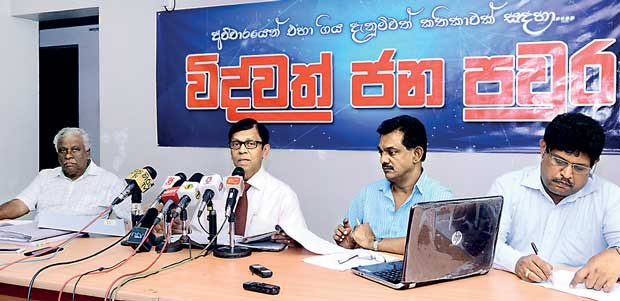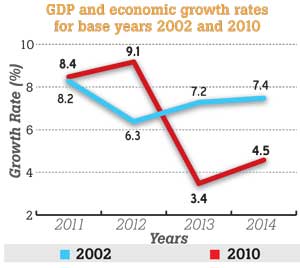15 Jul 2015 - {{hitsCtrl.values.hits}}

 as rebased the economy saying that the prior numbers were incorrect. They now say the growth has reduced from 7.5 percent to 4.5 percent. This is the first time that a minister has said this. Usually it is the Director General of the Census and Statistics Department who says this,” former Central Bank Governor Ajith Nivard Cabraal, who is leading the new platform, said.
as rebased the economy saying that the prior numbers were incorrect. They now say the growth has reduced from 7.5 percent to 4.5 percent. This is the first time that a minister has said this. Usually it is the Director General of the Census and Statistics Department who says this,” former Central Bank Governor Ajith Nivard Cabraal, who is leading the new platform, said.
27 Nov 2024 57 minute ago
27 Nov 2024 1 hours ago
27 Nov 2024 1 hours ago
27 Nov 2024 2 hours ago
27 Nov 2024 2 hours ago